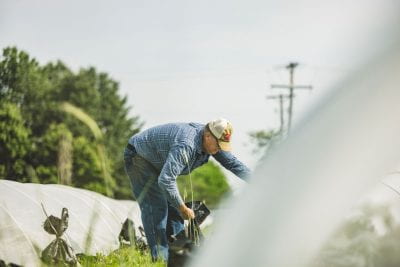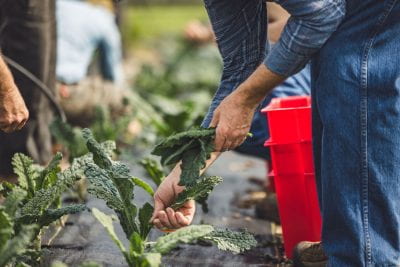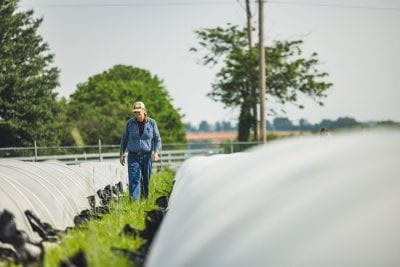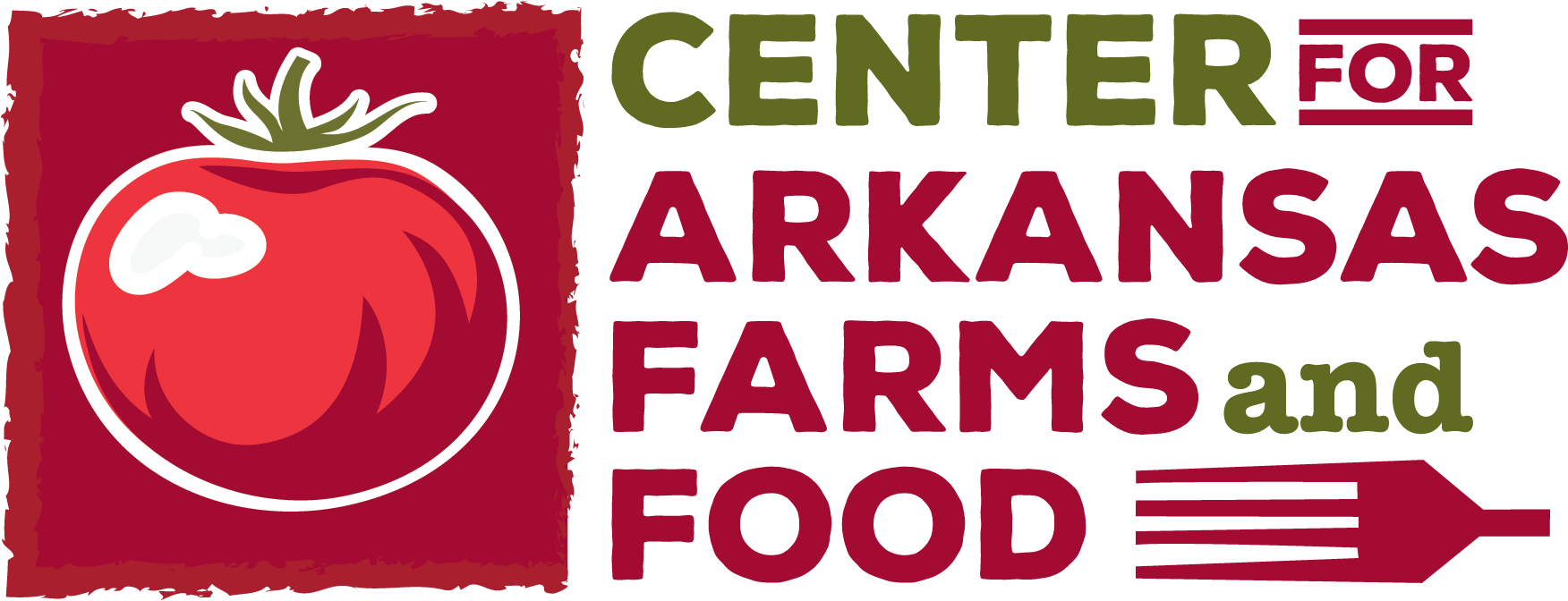 This tale doesn’t start with someone interested in farming. No, Jim had an interest in real estate. Specifically, some property for storing stuff like building materials used in his architectural practice. You see, Jim owned some land in a prime area for development and had some folks interested in purchasing it. The only problem was that he had miscellaneous work-related stuff stored there. He needed to move it before the sale. Some of his realtor friends were helping with the search for another property suitable as his storage base. (Hang tight, we are about to get to the farming twist.)
This tale doesn’t start with someone interested in farming. No, Jim had an interest in real estate. Specifically, some property for storing stuff like building materials used in his architectural practice. You see, Jim owned some land in a prime area for development and had some folks interested in purchasing it. The only problem was that he had miscellaneous work-related stuff stored there. He needed to move it before the sale. Some of his realtor friends were helping with the search for another property suitable as his storage base. (Hang tight, we are about to get to the farming twist.)
A realtor friend found a hidden gem, an old farm property in a great location near town with a pasture, several outbuildings, and a market-sized garden patch. Finding the farm spurred Jim’s interest in small-scale farming as he began researching options for what to do with it.
 Jim admittedly didn’t know much about farming. His great-grandfather had been a farmer, but his other ancestors moved on to different paths. He’d done a bit of gardening himself but that was the extent of it. While researching ideas for the newly acquired farm, Jim discovered the Center for Arkansas Farms and Food and was intrigued by the program and curriculum offered.
Jim admittedly didn’t know much about farming. His great-grandfather had been a farmer, but his other ancestors moved on to different paths. He’d done a bit of gardening himself but that was the extent of it. While researching ideas for the newly acquired farm, Jim discovered the Center for Arkansas Farms and Food and was intrigued by the program and curriculum offered.
He’d been thinking that the property would make an excellent educational farm, especially for children. The farm’s garden patch was envisioned as part of a larger complex with space on the property for teaching all types of homestead basic skills such as mechanics, cooking, or repairs. Another idea was an artist retreat. His brain was percolating with a broad spectrum of new dreams and possibilities for the old farm.
 What was Jim to do except sign up for the CAFF Farm School and explore those options a bit more? Once in the program, he found other like-minded souls with a wide range of interests involving farming and community. “I’ve been very impressed with the CAFF program,” he says. “There’s a great faculty and staff. That’s good because it can all be a little overwhelming at first with the volume of information and the fast pace. It’s very comprehensive.“ His interest was high in learning about the technical aspects of production, equipment, plant propagation, pests, and diseases. “I didn’t know anything about fertilization and soil health either but now I’m aware of how important that is. After learning this in class I started right away with building up the soil on my farm.”
What was Jim to do except sign up for the CAFF Farm School and explore those options a bit more? Once in the program, he found other like-minded souls with a wide range of interests involving farming and community. “I’ve been very impressed with the CAFF program,” he says. “There’s a great faculty and staff. That’s good because it can all be a little overwhelming at first with the volume of information and the fast pace. It’s very comprehensive.“ His interest was high in learning about the technical aspects of production, equipment, plant propagation, pests, and diseases. “I didn’t know anything about fertilization and soil health either but now I’m aware of how important that is. After learning this in class I started right away with building up the soil on my farm.”
Jim enjoys the hands-on fieldwork and emphasizes how important it is to have that alongside the classwork. “Learning to layout crop plans has been very beneficial. I’ve now planted on the original garden spot at the farm. I’m putting what I learn into practice both at school and at my place too.” He planted potatoes, herbs, and peppers there, then the Native American “Three Sisters” method of planting corn, beans, and squash in a single bed. “The CAFF Farm School program is excellent and I would highly recommend it to anyone interested in learning about farming. There is a lot to it, from production to business and legal, etc. I’ve learned what I need to start my farm.” He’s initially trying to get a feel for his land, observing how it grows, and the drainage. Jim says those issues will need to be dealt with early in the project, along with repairs of some buildings on the property.
 Jim’s goals for the farm have gotten a bit more specific after learning more at CAFF. He sees the true need in the area for more small farms selling wholesale. He’s contemplating doing some of that to support his other charitable aspirations. Having a farm stand and pick-your-own operation is of interest. Jim thinks the property would make an excellent artist space with art studios, and apartments on-site for apprentices or farm workers. Whatever the farm becomes, Jim says it must be a place for his family and friends to enjoy. Jim has some plans already in the works, like converting an old RV carport into a packing shed. And there will be a new implement shed near the garden in the near future. The house on the property will be remodeled into a farm headquarters, creating an office and a library. With such stellar ambitions for the property, it’s fortunate that he knows a good architect! The larger community will benefit when his dreams become a reality, bringing more food and opportunities to NWA.
Jim’s goals for the farm have gotten a bit more specific after learning more at CAFF. He sees the true need in the area for more small farms selling wholesale. He’s contemplating doing some of that to support his other charitable aspirations. Having a farm stand and pick-your-own operation is of interest. Jim thinks the property would make an excellent artist space with art studios, and apartments on-site for apprentices or farm workers. Whatever the farm becomes, Jim says it must be a place for his family and friends to enjoy. Jim has some plans already in the works, like converting an old RV carport into a packing shed. And there will be a new implement shed near the garden in the near future. The house on the property will be remodeled into a farm headquarters, creating an office and a library. With such stellar ambitions for the property, it’s fortunate that he knows a good architect! The larger community will benefit when his dreams become a reality, bringing more food and opportunities to NWA.
If you have farm dreams like Jim, one of the CAFF programs might be a good fit for you. There are several options for learning about farming regardless of your experience level. CAFF was developed to strengthen and expand our food and farming system. CAFF wants to enhance local communities through farming and provide plenty of opportunities for farmers, food entrepreneurs, and food system leaders. CAFF programs combine traditional and experiential learning opportunities while teaching production and business skills for resilient and sustainable farm businesses. CAFF is part of the University of Arkansas System, Division of Agriculture. Learn more or apply at LearnToFarm.org.


Recent Comments